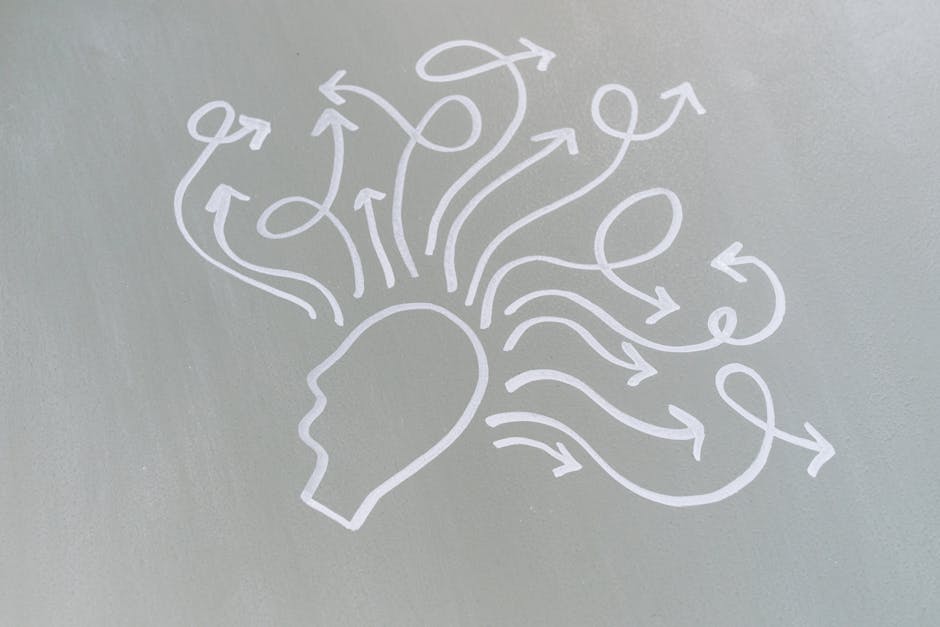
Understanding Conspiracy Theories Through Psychology
Conspiracy theories have become a prominent part of modern society, often spreading rapidly through social media and other digital platforms. To better understand why people believe in these theories, it’s essential to examine the psychological factors at play.
Research in psychology suggests that cognitive biases such as confirmation bias can lead individuals to favor information that supports their existing beliefs, making them more susceptible to believing in conspiracy theories. Additionally, the need for security and certainty often drives people toward such explanations, especially during times of crisis or uncertainty.
Another psychological aspect involves pattern recognition. Humans are naturally inclined to find patterns, even where none exist, which can lead to the attribution of complex events to secret plots. This tendency is amplified by motivated reasoning, where personal beliefs influence how information is processed.
Understanding these psychological mechanisms can help us develop critical thinking skills and be more skeptical of unsupported claims. Recognizing the appeal of conspiracy theories and the underlying psychological motivations can empower individuals to approach such beliefs more objectively.
If you're interested in learning more about the psychology of belief systems or strategies to combat misinformation, consider exploring reputable sources and promoting digital literacy within your community.
